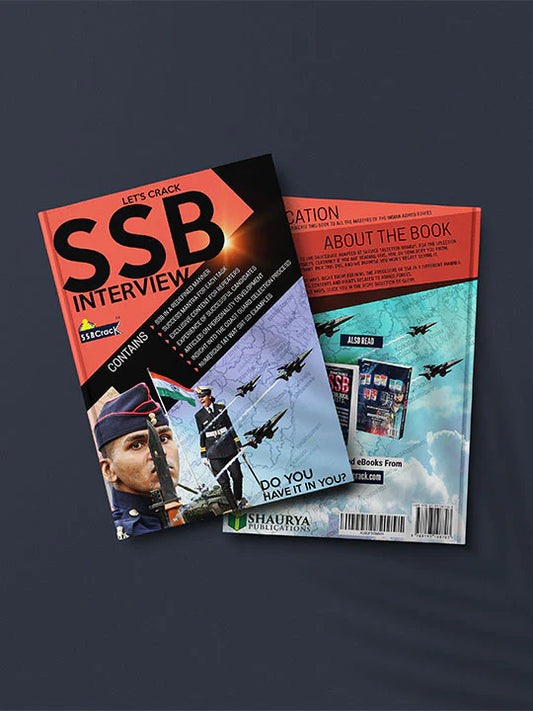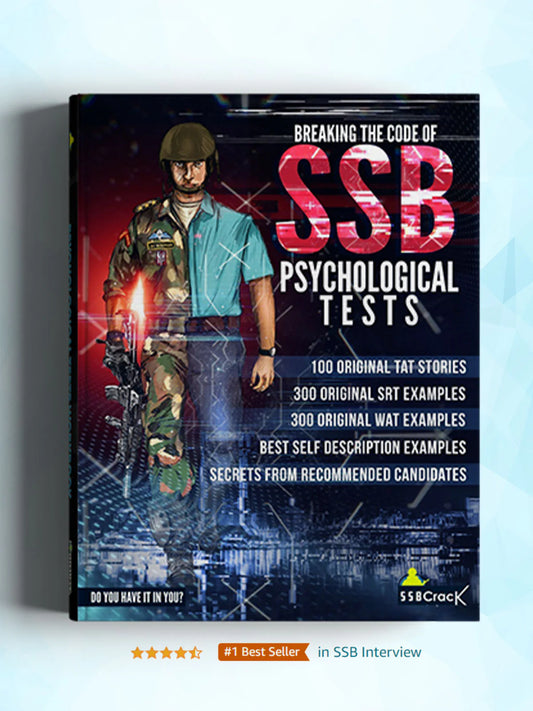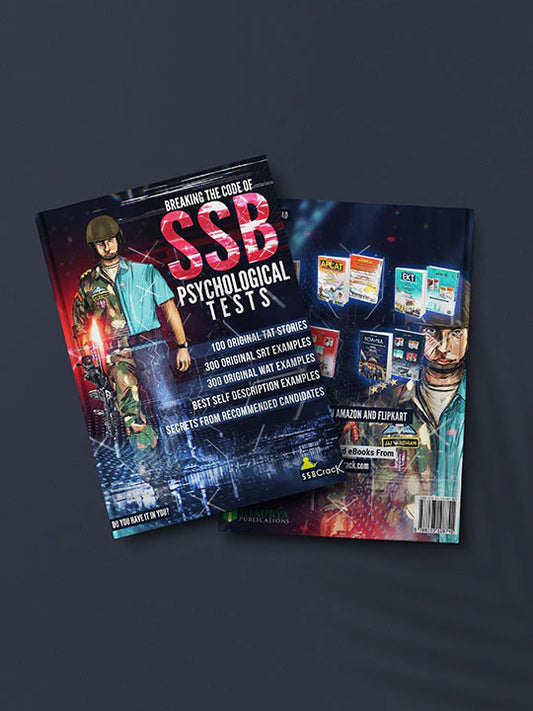GTO Tasks in SSB Interview: Tips & Tricks to Impress the Assessors
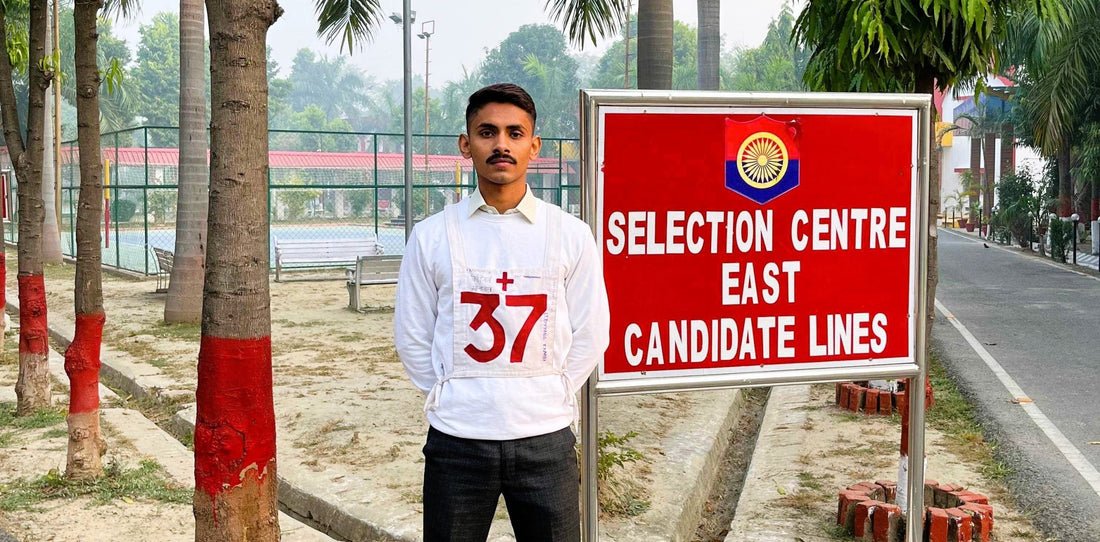
Introduction
The Services Selection Board (SSB) Interview stands as one of the most pivotal gateways for aspirants vying for a career in the Indian Armed Forces. Depending on how well candidates perform in the various tasks set forth during the interview, the trajectory of their professional ambitions may be significantly altered. Among the several components of the SSB Interview, the Group Testing Officer (GTO) tasks are regarded as a vital part that assesses a candidate's leadership qualities, team spirit, problem-solving skills, and overall personality traits. Successful navigation of GTO Tasks can set applicants apart, making them stand out in a competitive environment.
In this comprehensive guide, we delve into the intricacies of GTO Tasks in the SSB Interview. We will explore their significance, evolution, practical tips, and essential strategies. Additionally, we will share real-world applications and case studies to provide you with well-rounded insights into how to impress the assessors and increase your chances of selection.
Historical Context
The concept of evaluating candidates for military service through comprehensive psychological and physical tests has evolved over the years, reflecting the changing demands of warfare and the socio-cultural landscape of the military. The SSB was established post-World War II, inspired by the selection processes used in the Allied forces, particularly the British Army.
Initially focused on physical prowess, the SSB Interview, including GTO tasks, has shifted to encompass psychological assessments. These tasks are designed to simulate real-world challenges that a candidate may face in defence leadership roles. By evolving the selection criteria to favor soft skills alongside physical and technical expertise, the SSB acknowledges the importance of adaptability, teamwork, and effective communication in modern military operations.
Understanding GTO Tasks
Before delving into the specifics of tackling these tasks, let's first understand what GTO Tasks entail. The GTO round consists of a series of physical and mental challenges aimed at evaluating a candidate’s leadership abilities, teamwork, and decision-making skills. Key components include:
-
Group Discussion: Candidates discuss a given topic, allowing assessors to observe communication skills and interpersonal dynamics.
-
Group Planning Exercise: Participants are required to formulate plans in groups, showcasing strategic thinking and collaboration.
-
Progressive Group Task: A physical task that requires cooperation and collective problem-solving to complete an obstacle course.
- Final Group Task: Similar to the Progressive Group Task but typically emphasizes urgency and has a time limit.
Tips & Tricks to Succeed in GTO Tasks
1. Preparation is Key
Start preparing well in advance. Familiarize yourself with the types of tasks you will face, including the nature of discussions, planning exercises, and physical challenges.
- Study Group Dynamics: Understand how different personalities interact in groups.
- Review Related Materials: Books focused on SSB Interview preparation, particularly from SSBCrack and SSBCrackExams, can provide invaluable insights and tips.
2. Develop Leadership Skills
Leadership in GTO tasks isn't just about taking charge; it’s also about knowing when to listen and delegate. Practical methods to enhance your leadership skills include:
- Join Group Activities: Engage in group sports or community service to practice team coordination.
- Practice Public Speaking: Enhancing your communication skills through public speaking can help you articulate thoughts better during discussions.
3. Be Personable and Approachable
The assessors are not only looking for the strongest candidate but rather a well-rounded individual who works effectively within a team. To impress them:
- Build Rapport Quickly: Try to connect with your fellow candidates and maintain a positive attitude.
- Encourage Others: Motivate your team members, especially those who may be struggling.
4. Stay Calm Under Pressure
GTO tasks may be time-sensitive and can induce stress. Maintain composure through these strategies:
- Controlled Breathing: Practice deep breathing techniques to keep anxiety at bay.
- Stay Informed: The more informed you are about the topics of discussion, the less stressed you will feel.
5. Effective Communication
Clear and concise communication plays a crucial role in GTO tasks. Key pointers include:
- Active Listening: Ensure you listen attentively to others to foster meaningful discussions.
- Body Language: Use positive body language to convey engagement and confidence.
Case Studies or Real-world Applications
Consider the case of a candidate who successfully navigated the GTO tasks by applying these principles. She had participated in various leadership programs throughout her undergraduate studies, which enabled her to take charge naturally during the Group Discussion. By focusing on inclusion and learning from others, she built authentic relationships with her peers, eventually leading the group to success in the tasks.
Conversely, another candidate, despite having excellent academic credentials, faced challenges in connecting with his team during GTO tasks. His approach was too dominating and left little room for collaboration, ultimately affecting his overall performance.
These examples underline the importance of adaptive leadership styles tailored to the group dynamic, further emphasizing that technical skills alone are not sufficient for success in this environment.
Statistical Data and Research Insights
Research indicates that a significant percentage of candidates who fail the SSB Interview do so during the GTO tasks. According to SSBCrackExams data:
- Approximately 62% of candidates struggle primarily with Group Discussion tasks.
- Failures often correlate with ineffective communication or poor teamwork skills.
By understanding these statistics, aspiring candidates can focus on the areas that are most critical for success. Engaging with materials specifically designed for GTO training can also enhance preparation efforts.
Comparative Analysis
When considering training methods for GTO tasks, there are multiple perspectives on how to maximize effectiveness:
-
Self-Practice vs. Professional Coaching: While self-practice can foster confidence, professional coaching often provides invaluable insights into psychological assessments that self-study may overlook.
-
Group Workshops vs. Individual Preparation: Group workshops enable candidates to practice real-time collaboration, while individual preparation allows deep focus on personal strengths and weaknesses.
Ultimately, blending these methods may yield the best results, allowing candidates to approach GTO tasks with a well-rounded skill set.
Challenges and Solutions
Navigating GTO tasks is not without its challenges. Here are some common hurdles and potential solutions:
-
Navigating Personality Clashes: Different personalities can create tension within teams. Develop conflict resolution skills through role-playing scenarios during preparation.
-
Time Management: Some candidates may struggle with the time limits on tasks. Conduct mock drills to improve efficiency under pressure.
-
Balancing Assertiveness and Composure: Striking the right balance can be challenging. Practicing self-awareness during group interactions can lead to improved performance.
Future Trends and Predictions
The approach to SSB GTO tasks is likely to evolve to offer a more nuanced understanding of what makes an effective leader in the context of modern Defence needs.
Predictions suggest that:
-
Increased Use of Technology: Virtual assessments may play a greater role, especially in light of recent global trends. Online simulations can replicate real GTO tasks and allow candidates to practice scenarios in realistic settings.
-
Emphasis on Mental Health: As psychological assessment methods evolve, there will be an increased focus on the mental well-being and resilience of candidates, ensuring a holistic evaluation process that values emotional intelligence and psychological fitness.
Conclusion
Succeeding in GTO Tasks during the SSB Interview requires thorough preparation, an understanding of group dynamics, effective leadership skills, and the ability to communicate articulately. The insights provided in this guide aim to equip aspiring candidates with the necessary tools to impress assessors and position themselves as strong contenders for a career in the Indian Armed Forces.
For those preparing for the SSB Interview, investing time in resources from SSBCrack and SSBCrackExams, such as study materials, online courses, and eBooks, can offer significant advantages. With the right preparation, mindset, and adaptability, candidates can navigate the challenges of GTO Tasks and enhance their chances of selection. As the military landscape continues to evolve, the importance of these skills only grows in significance. Embrace the journey—your future in defence awaits!

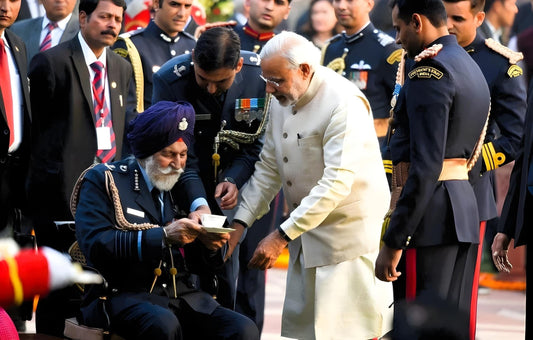
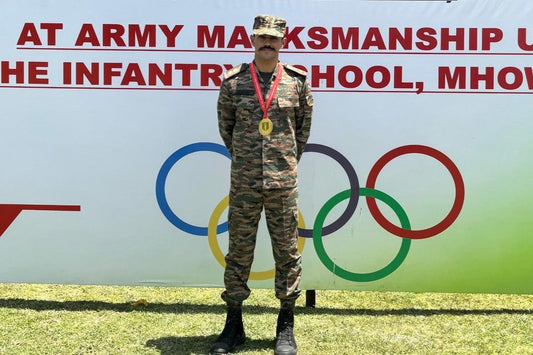
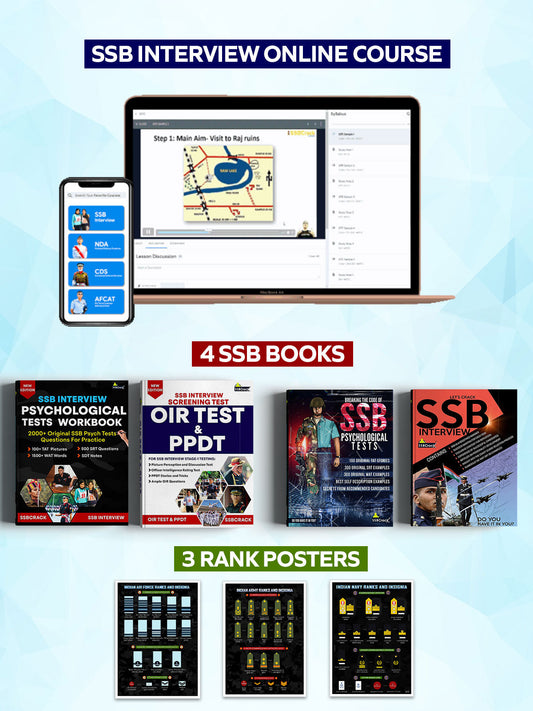
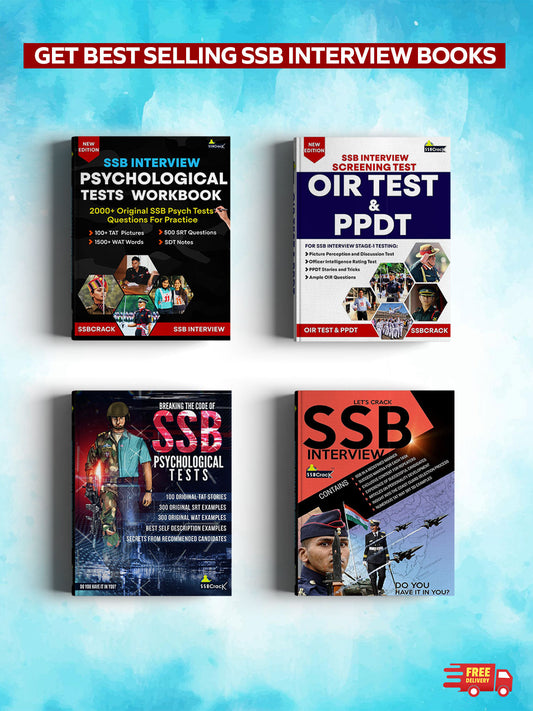
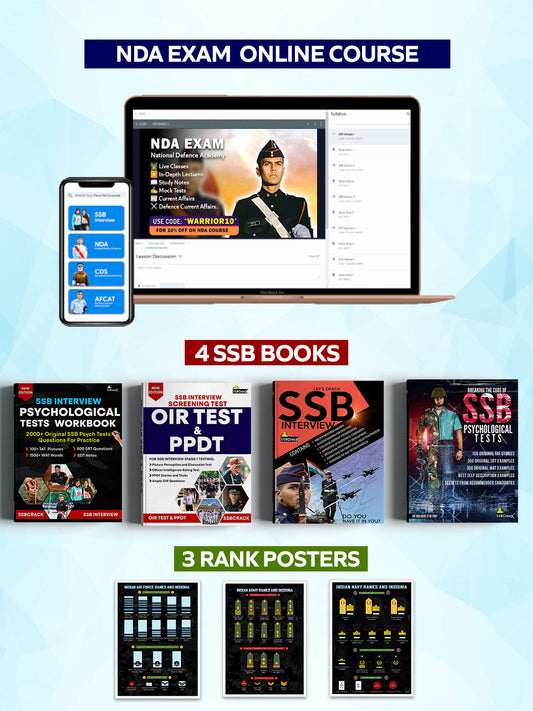
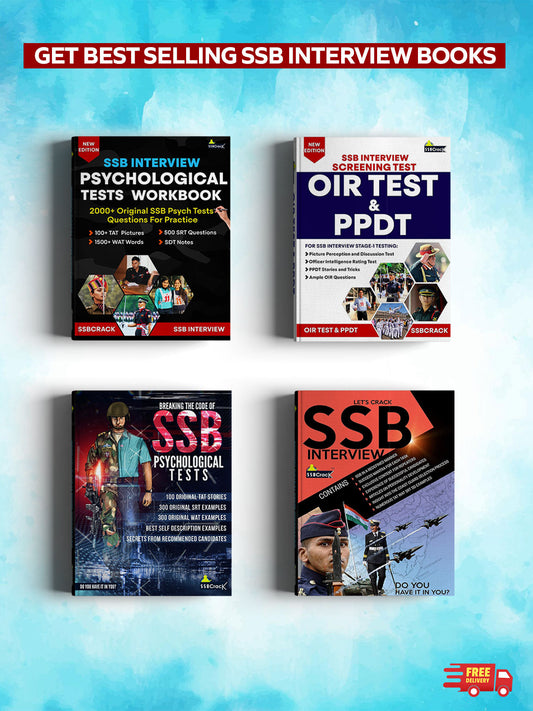
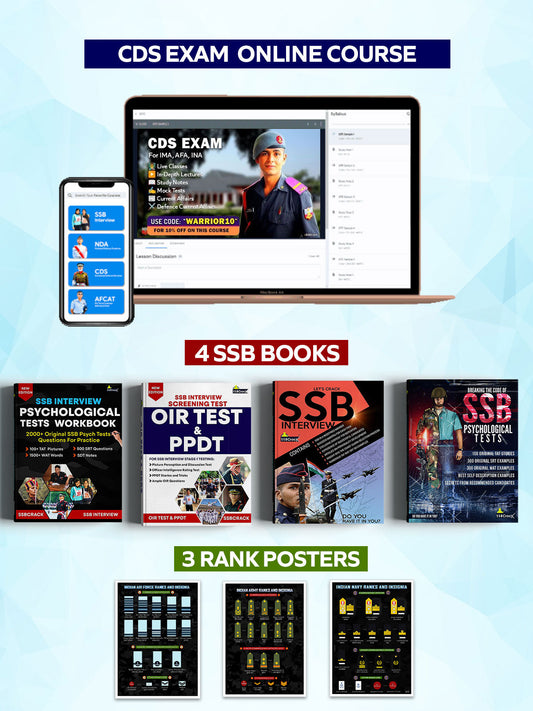
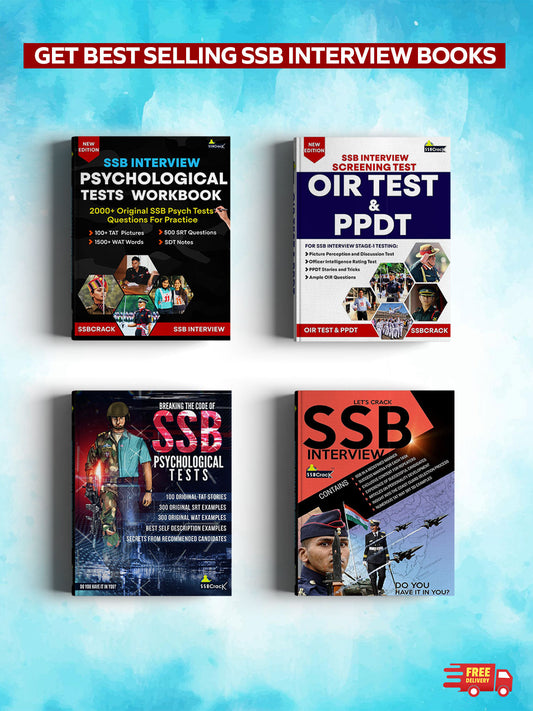
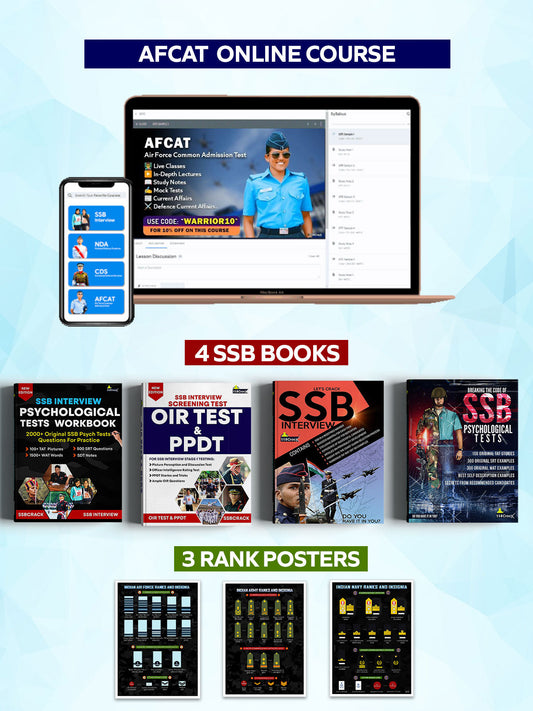
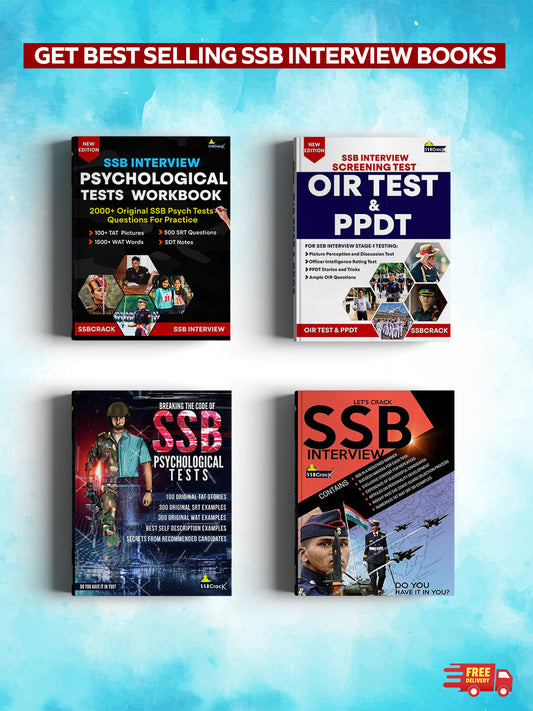
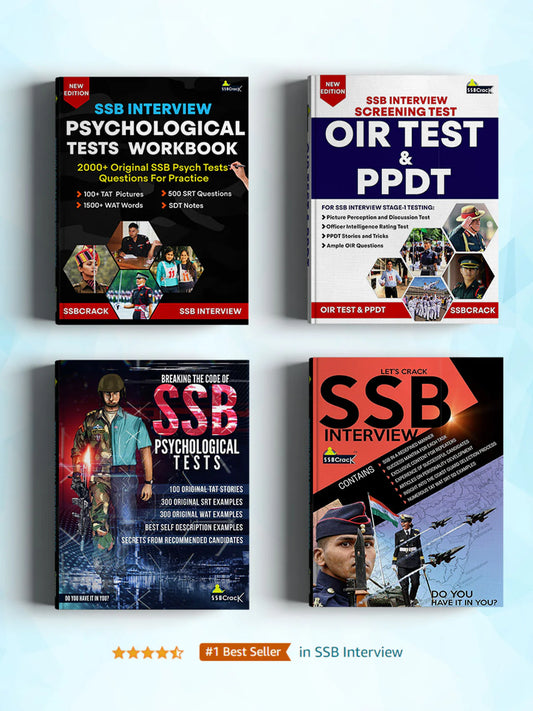
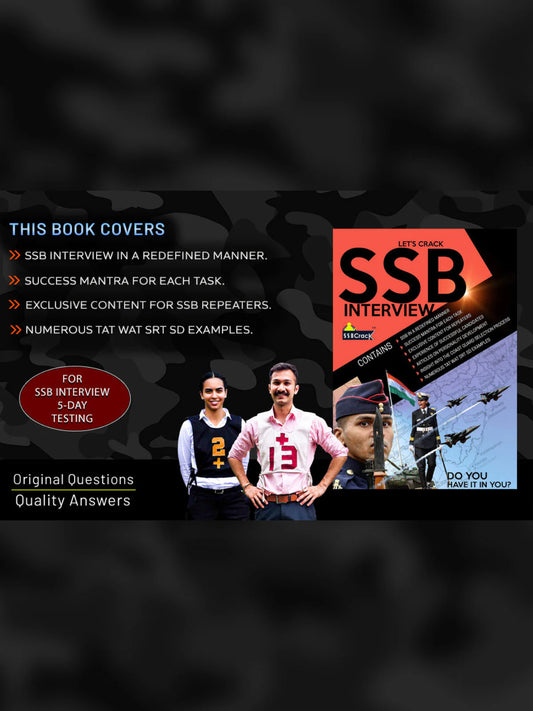
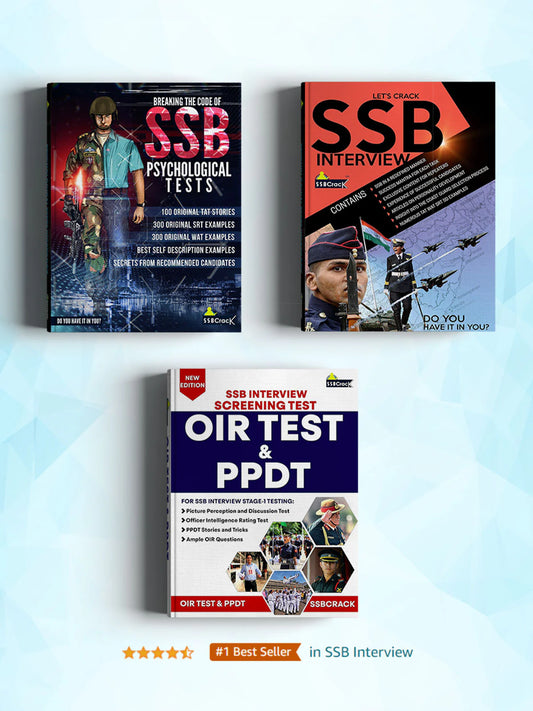
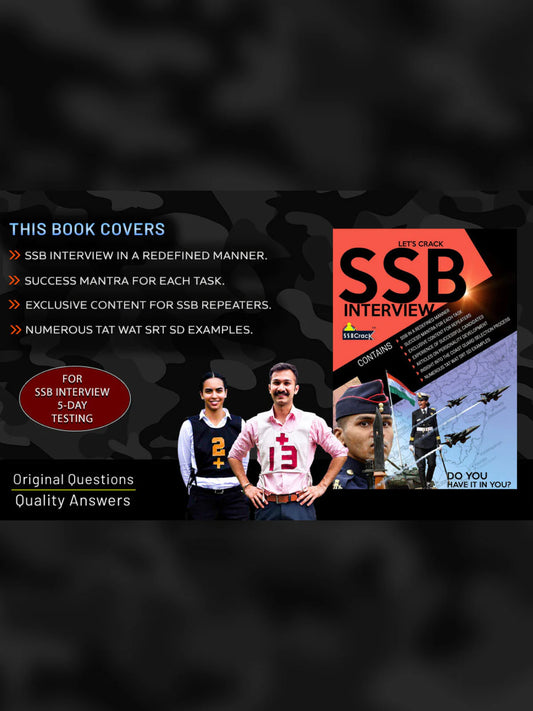
![Let's Crack SSB Interview Book [Paperback]](http://shop.ssbcrack.com/cdn/shop/files/ssb-books.webp?v=1736351621&width=533)
